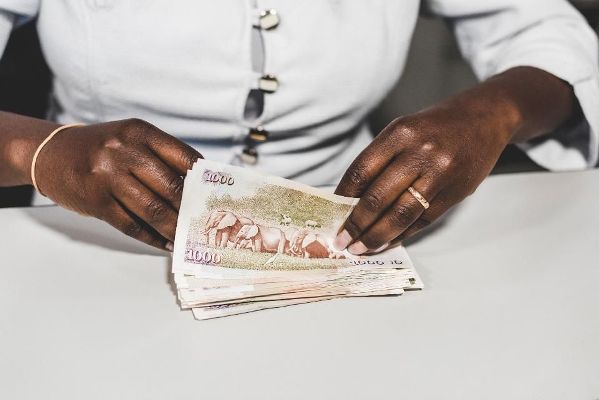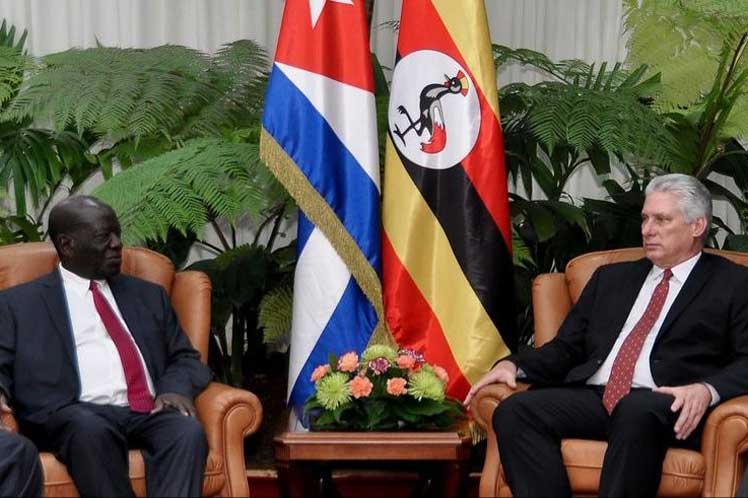Uganda
has joined Tanzania to suspend the conversion of Kenyan Shillings as a measure
to stop the rush to wash in illegally got cash in neighbouring countries after
Kenya decided to issue newer series.
In a statement last evening, Bank of Uganda said it had been informed by the
Central Bank of Kenya (CBK) that they have issued a new series of banknotes
effective 31 May 2019 with a view to combat illicit flows and counterfeits into
Kenya.
“Bank of Uganda will not accept Kenya shillings at its counters with
immediate effect,” BOU said in a statement. “CBK has also suspended
currency conversion and repatriation of Kenya currency.”
BOU added that going forward, “[people] are advised to subject all flows
from and into Kenya to enhanced due diligence. Please be advised that changing
Kenyan currency from old to new banknotes can only be done in Kenya.”
Robert Mpuuga, a banker in Uganda, told URN they were not accepting the 1,000
Kenyan shillings note (equivalent to 36,000 Uganda shillings) but were
converting smaller denominations. “We are converting the Kenyan
shillings but not accepting the 1000 notes,” Mpuuga said.
The 1000 Kenya shilling note is the highest currency bill in Kenyan currency
but also used to transfer and launder huge amounts of cash by the corrupt,
money launders, and counterfeit kings.
Kenyans have up to October 1 to have turned in this note after that, the older
version will be invalid.
There is no deadline for turning in the other notes of lower bills. John
Njoroge, the CBK governor, said last week: “Illicit financial flows
involving the Kenya Shilling is not just in Kenya. They also affect our
neighbouring countries.”
This suspension has implications for the Kenyan shilling, with the likelihood
of falling in value since people won’t accept to change it.
Alternatively, those with cash will have to carry it across the border to have
it exchanged for newer series – a huge inconvenience but Kenya says it is worth
it in its war against corruption and counterfeits.
Kenya says it is fighting corruption as officials are keeping huge swaths of
money in their homes.
Those exchanging money below KES 1m, they can do it anywhere in Kenya with no
need to have a bank account but must have official identification.
Those exchange money in the value between KES1m and KES5m, they must do it at
their own banks and must have an account there. If they don’t have accounts,
they must contact the central bank to give them approval. They must also prove
that the money belongs to them.
Those with the amount above KES 5m must contact the central bank. Some Kenyans
have rushed to court to challenge the decision. They have mostly been annoyed
by the decision to have Jomo Kenyatta’s statue appear on some of the notes.
They say their 2010 Constitution doesn’t allow the appearance of any individual
on new bank notes. The new notes also showcase Kenya’s wildlife.
This is not the first time a country is withdrawing old notes to combat fraud
and illicit flows. India did it overnight in 2016. Nigeria and Ghana have also
done it before.
-URN





